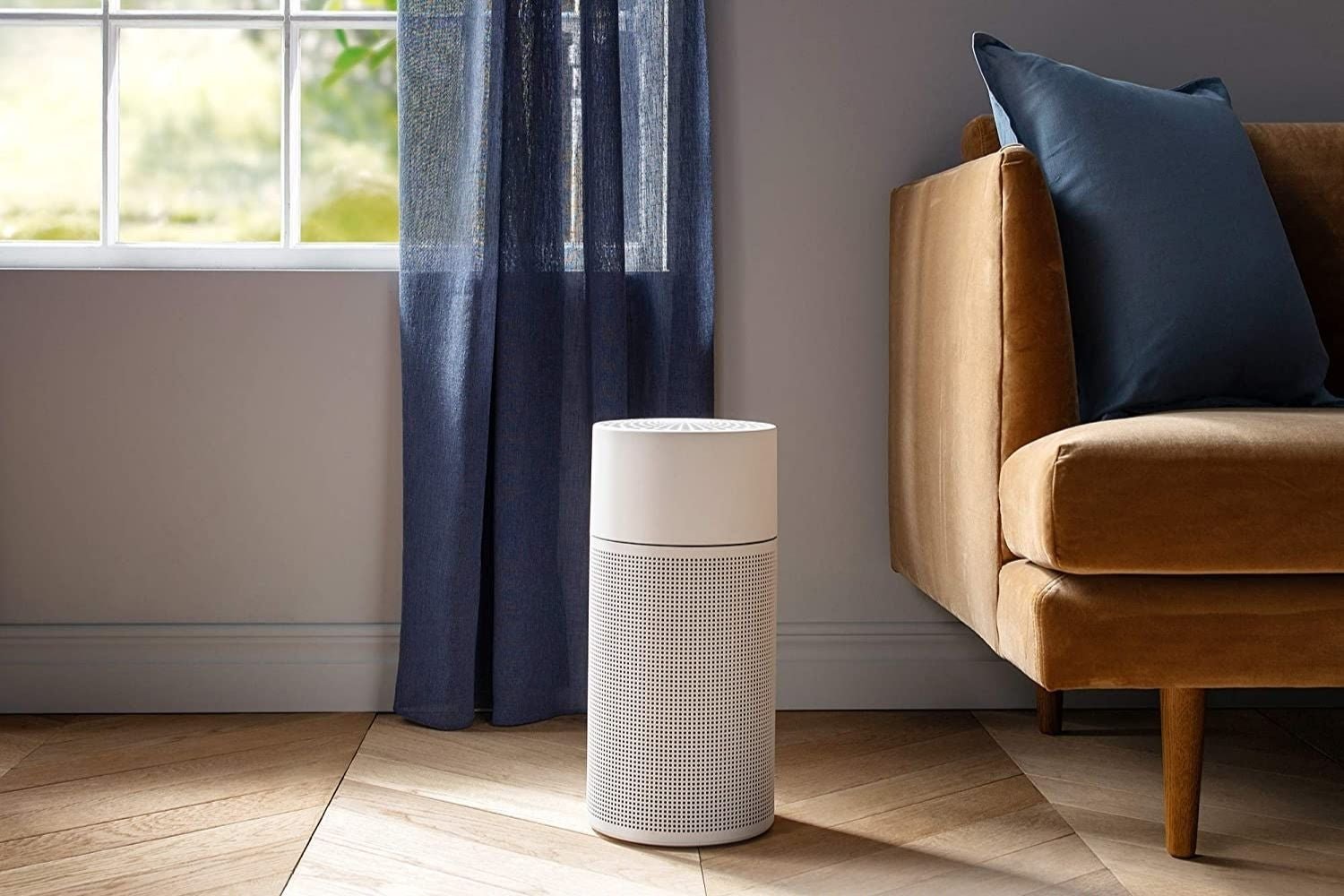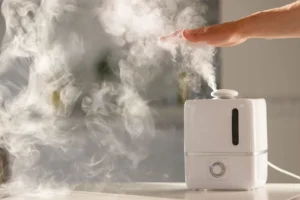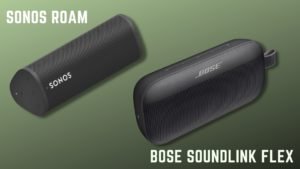
When you shop for an air purifier, what do you look for? Are you keeping in mind all the reasons why you are getting an air cleaner in the first place? Smoke can spread to areas far beyond the originating fire, so the chances of you dealing with poor air quality at some point are high. Wind patterns dictate how the smoke will travel. In 2020, there were documented cases of smoke from wildfires in the Western half of the United States, reaching as far as Europe. Air purifiers for wildfire smoke can help combat this issue, but what air purifiers are best for the job?
The National Interagency Fire Center (NIFC) has been tracking the destruction over 18,500 wildfires have caused throughout the United States in 2023 alone. Over 518,500 acres have been destroyed by wildfires. This has caused dangerous air-quality conditions in many areas. This article will discuss what types of air purifiers are best for filtering out wildfire smoke.
What Are Some Effects of Wildfire Smoke?
Smoke from a wildfire can result in more than just your eyes burning and your nose running. The Centers for Disease Control and Prevention (CDC) and the Environmental Protection Agency (EPA) claim that you may experience a sore throat or even develop bronchitis due to the microscopic particles that travel in the smoke getting into your lungs. Other things to worry about because of air pollution are heart attacks, asthma attacks, strokes, and other respiratory problems.
The particles found within wildfire smoke have been associated with many health-related issues, including early deaths among people who suffer from lung disease or heart issues. Any children who inhale wildfire smoke are at risk for experiencing:
- Wheezing
- Trouble breathing
- Coughing
- Chest pain
- Tightness in the chest
- Dizziness
Avoid keeping windows open in your home if you live in areas prone to wildfires. You should also avoid unnecessary outdoor activity. Even if your doors and windows are shut, you may still be at risk. The University of California, Berkeley, did some testing and found that indoor air quality can be just as poor. This is because dangerous particles from wildfire smoke can seep into the home and cause unhealthy air quality.
It is crucial to keep smoke particles out of your home. An air purifier can free your home’s air of smoke particles along with any other contaminants that may be lingering around.

How Do Air Purifiers Get Tested?
Air purifiers undergo a vigorous testing process to ensure the quality of each unit is top-notch. Air purifiers have tests conducted on them at their highest fan speed settings to mimic the most strain your purifier can endure. This will better gauge the chance the unit will perform appropriately under strenuous conditions.
While at the maximum speed, smoke, dust, and other VOCs are introduced into the cleaner. Once the air is contaminated, the test chamber measures the time it takes to remove them from the air.
Choosing the Best Air Purifier for Wildfire Smoke
Not every air purifier is built to remove smoke particulates. The best air cleaners use a high-efficiency particulate absorber (HEPA) filter. HEPA filters are most effective against smoke particles in the air. A HEPA filter uses a fine mesh filter along with a large fan to force air through it. This filter traps particles as air passes through, cleaning the air that comes out the other side.
Quality purifiers that use HEPA filters can reduce particulates in the air by up to 80% or higher in some cases. You can remove the odors smoke leaves behind and its impurities by getting an air purifier equipped with a large carbon filter.
There are other types of air purifiers, but they are no match for a purifier with a HEPA filter. An electrostatic precipitator (ESP) and an ionization air purifier are the other two main methods of extracting pollutants from the air. They are not used as widely because they are known to produce a fair amount of ozone, which can be hazardous to our health. Here is a brief description of each and how they work.
Electrostatic Precipitator
Electrostatic precipitators remove particles from gas by charging them using electrical energy. This can be done using a positive or negative charge. The charged particles become attracted to anything carrying the opposite charge. This pulls contaminants from the air.
Ionization Air Purifiers
Ion generators in air purifiers charge particles to the point they become attracted to the room. This attracts them to any floor surface, walls, tabletops, curtains, or any other surface of your home. These particles can be redistributed into the air due to abrasive surfaces. The devices may contain a collector to return any charged particles to the unit.
Lingering wildfire smoke is best combated with an air purifier containing a HEPA and carbon filter. You want the best air purifiers for wildfire smoke | FilterKing can help.




